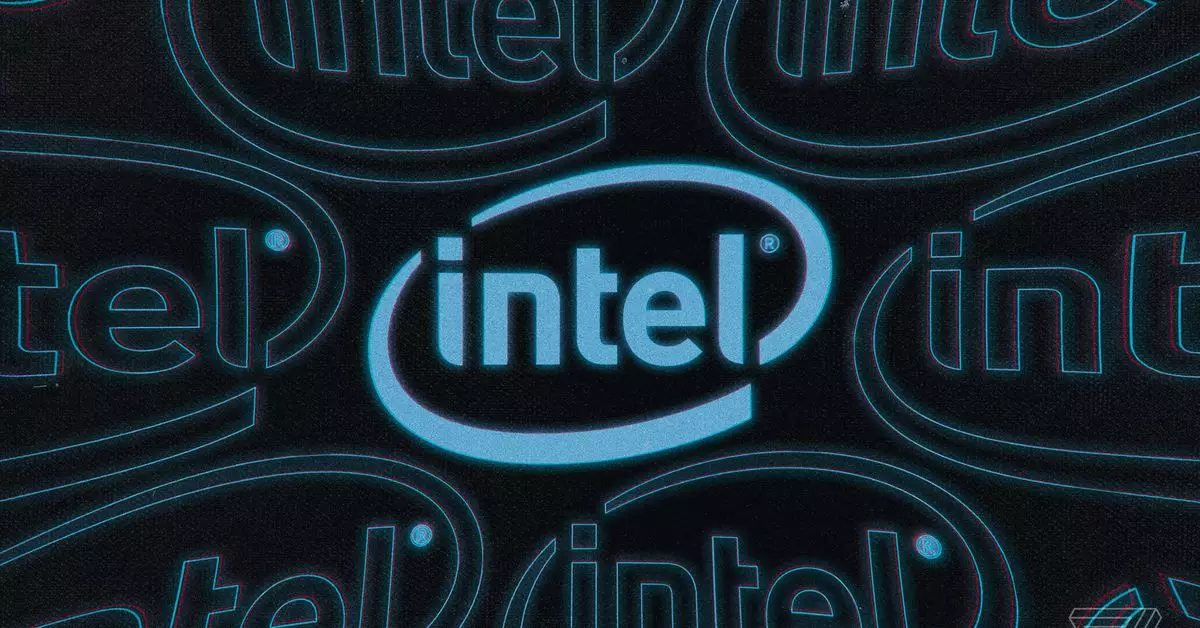Intel’s recent foray into the next generation of processors with the Arrow Lake-based Core Ultra 9 200S-series has stirred significant conversation within the tech community. Since its launch, these chips have been met with mixed reactions, particularly surrounding their gaming performance. Despite Intel’s promise of innovation, reviews have indicated a range of shortcomings that have left gamers and tech enthusiasts alike questioning the efficacy of their latest offering.
Intel made it clear from the outset that their new chips would not surpass AMD in gaming performance. However, the company likely did not anticipate the breadth of the negative reviews that followed. According to various critiques, the performance of the Core Ultra 9 200S has not only failed to impress but has at times performed worse than its predecessors, namely the Raptor Lake series. This decline raises critical questions about Intel’s current developmental strategies and their competitiveness in the gaming sector, especially compared to AMD’s Ryzen 9800X3D, which continues to garner acclaim for its robust performance.
While some reviews, such as Tom Warren’s from The Verge, noted minor efficiency improvements in the Core Ultra 9 285K, these gains have not compensated for the evident drop in gaming performance. Efficiency is indeed a crucial metric, but for many gamers, raw performance remains the paramount concern. The juxtaposition of efficiency and performance highlights a fundamental challenge for Intel: how to innovate without compromising the gaming experience that consumers expect.
In a candid interview, Robert Hallock, the Vice President and General Manager of client AI and technical marketing at Intel, acknowledged the gaming performance drawbacks associated with the Arrow Lake chips. Hallock emphasized that the responsibility for these setbacks lies solely with Intel, dispelling any notion that external factors, such as software interactions with Microsoft, contribute to the issue. This level of accountability is commendable and reflects a transparent approach, but it also translates to a pressing need for swift remedial actions.
Toward the end of November or early December, Intel plans to unveil a comprehensive update regarding the identified issues and the timeline for resolutions. This proactive communication is crucial not only for gamers relying on performance enhancements but also for maintaining stakeholder trust. Intel’s commitment to addressing these issues indicates their understanding of the importance of user experience and their desire to remain competitive in an ever-evolving market.
As Intel navigates through this transitional phase with their Arrow Lake processors, the tech community will be watching closely. The challenges presented by gaming performance may be steep, but they also offer an opportunity for Intel to recalibrate its approach and reinforce its legacy as a leader in technology innovation. For the company to recover its standing in the gaming arena, addressing these performance concerns effectively will be crucial. The future of Intel’s gaming processors not only hinges on this corrective strategy but also on how well they can regain the confidence of their users.


Leave a Reply